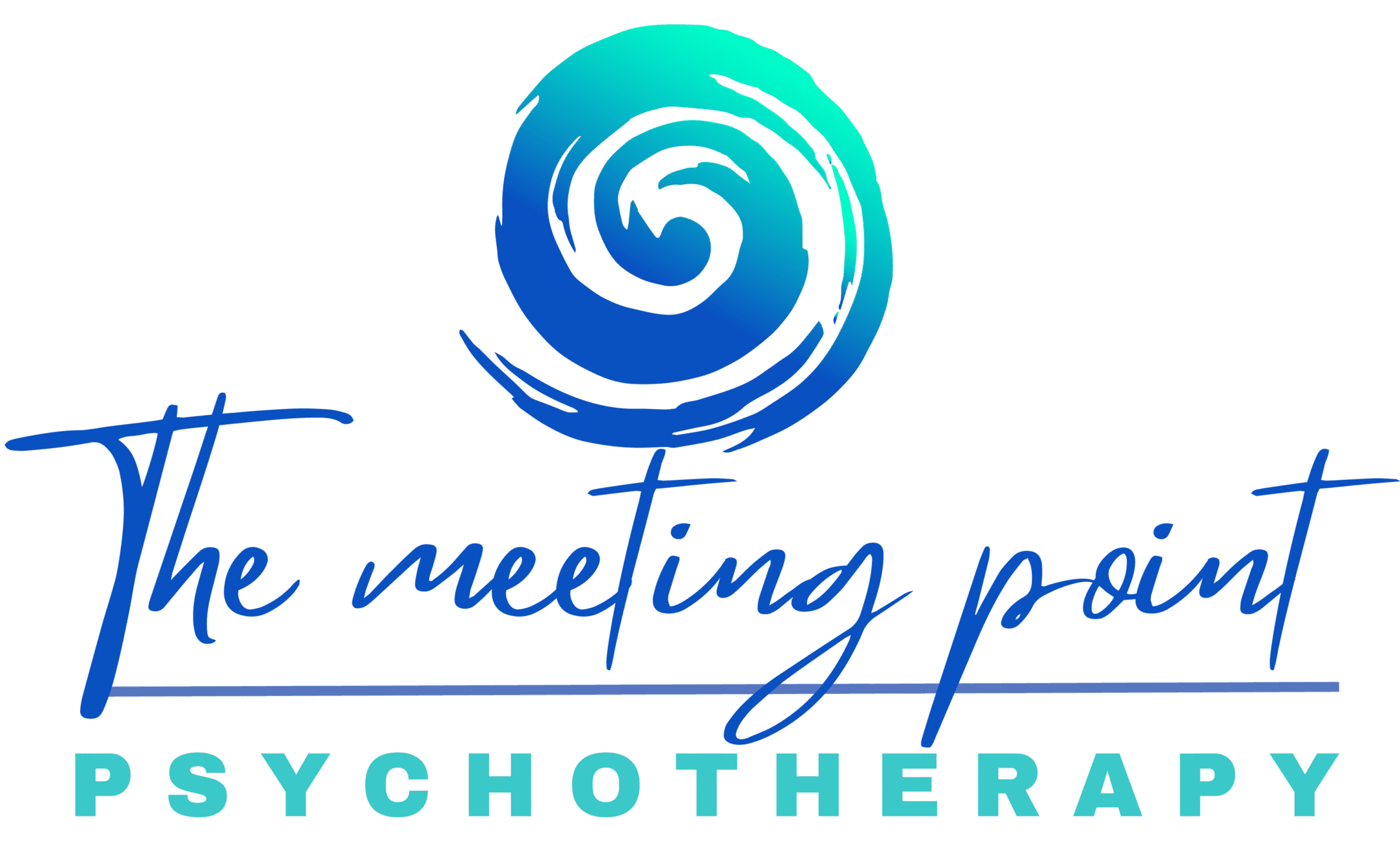
Living with Anxiety: Understanding the Storm Inside
Anxiety is more than just worrying too much. It can feel like a constant, buzzing storm inside your chest—a racing mind, tight muscles, shaky hands, and a fear that something bad is about to happen, even when nothing’s wrong.
If you’re living with anxiety, or love someone who is, know this: it’s real, it’s common, and it’s treatable.
What Does Anxiety Feel Like?
Anxiety can show up in many different ways. Some people feel it as constant restlessness. Others have intense moments of panic that come out of nowhere. Common symptoms include:
-
Racing thoughts or excessive worry
-
A sense of dread or fear
-
Tightness in the chest or shortness of breath
-
Trouble sleeping or staying asleep
-
Stomach issues, headaches, or muscle tension
-
Difficulty concentrating or feeling easily overwhelmed
-
Avoiding places or situations that trigger fear
It’s important to understand that anxiety isn’t “just in your head.” It can affect your body, your emotions, and your daily life.
Why Does Anxiety Happen?
Anxiety is a natural response to stress. It’s part of our survival instinct—our body’s way of staying alert to danger. But when that alert system goes into overdrive, anxiety can become overwhelming and persistent.
Some common triggers and causes include:
-
Stressful life events, such as trauma, loss, or major changes
-
Genetics—anxiety can run in families
-
Brain chemistry, especially imbalances in neurotransmitters like serotonin
-
Health conditions or medications that affect the nervous system
-
Personality traits—perfectionism, sensitivity, or a tendency to overthink
Whatever the cause, anxiety is not a character flaw or a weakness. It’s a health condition—and like any health issue, it deserves care and attention.
Coping with Anxiety: You Are Not Powerless
You may not be able to control when anxiety shows up, but there are ways to manage it and reduce its grip on your life.
Here are some tools that can help:
-
Talk to a therapist: Cognitive Behavioral Therapy (CBT) is especially effective in helping people reframe anxious thoughts and face fears gradually.
-
Try breathing exercises or meditation: Slowing your breath can calm your nervous system and create space between you and your anxiety.
-
Move your body: Exercise, even a short walk, can release calming endorphins and shift your mental state.
-
Limit caffeine, alcohol, and screen time: These can all heighten anxiety for many people.
-
Connect with others: Talking to someone who understands—or even just spending time with people who care—can ground you and remind you you’re not alone.
-
Consider medication: Anti-anxiety medications can be a helpful part of treatment for some people. Speak with a doctor to explore your options.
You Are Not Alone
Anxiety affects millions of people—across all ages, backgrounds, and walks of life. It doesn’t care how strong or successful you are. And it doesn’t define your worth.
You may feel overwhelmed or stuck right now, but anxiety doesn’t get to write the rest of your story. With support, patience, and the right tools, things can get better.
So take a deep breath. You’re doing the best you can. And that’s enough for today.
